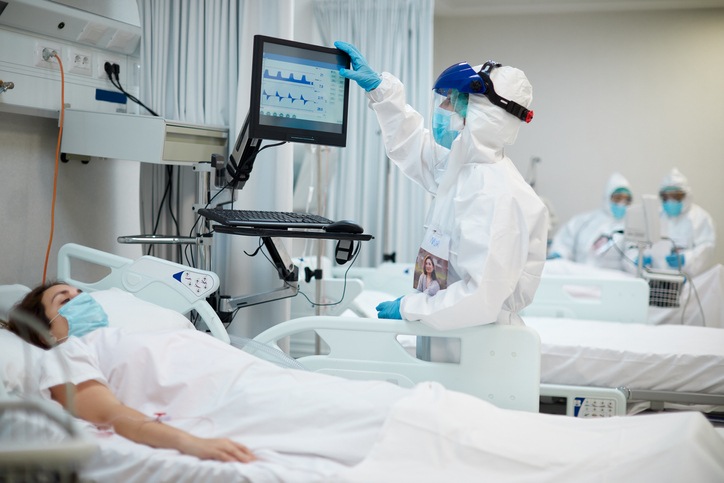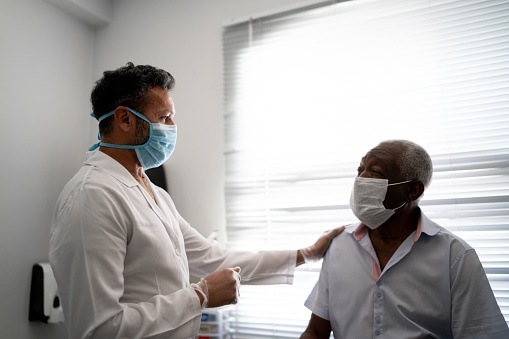
Individuals with light-chain (AL) amyloidosis have higher odds of severe SARS-CoV-2 infection or mortality compared with the general population, according to a survey from the International Society of Amyloidosis (ISA).
This data was presented at the American Society of Hematology 2020 virtual annual conference (abstract #2308).
AL amyloidosis is a plasma disorder that causes multi-organ dysfunction. Patients with such comorbidities are at increased risk of severe SARS-CoV-2 infection. In April 2020, the ISA called for an international data collection regarding systemic AL amyloidosis and COVID-19. This study is a report of the preliminary findings of that survey.
Data was collected on 29 patients with systemic amyloidosis who tested positive for COVID-19. AL amyloidosis was reported in 19 participants. Histories of hypertension or cardiovascular disease were reported in 37% and 16% of patients, respectively. At the time of SARS-CoV-2 infection, 4 patients (21%) were newly diagnosed and treatment-naïve and 15 (79%) had received a median of two previous lines of therapy. Nine patients (47%) were on active therapy at the time of infection and one was on dialysis.
COVID-19-related symptoms for this cohort included fever in 58% of patients, cough in 42%, as well as loss of taste or smell. Ten patients (53%) had documented pneumonia, five of whom developed acute respiratory distress syndrome (ARDS). Non-mechanical ventilation was used in four cases of respiratory distress, and one patient accesfsed intensive care. Of five patients with ARDS, three experienced heart involvement, two had concomitant heart and kidney involvement, and three were infected while on active chemotherapy.
Six patients received treatment for COVID-19 with azithromycin, in combination with hydroxychloroquine in four of these cases. Three patients received steroid treatment and two received anticoagulation therapy. Four patients (21%) died, three of whom had ARDS and one of whom died a few weeks following COVID-19 recovery. All deceased patients had recorded heart involvement.
“The fatality rate and the proportion of patients with severe COVID-19 in this series is in the higher range of reports from the general population. Severe SARS-CoV-2 infection can result in renal failure in patients with renal AL amyloidosis,” the researchers concluded.







 © 2025 Mashup Media, LLC, a Formedics Property. All Rights Reserved.
© 2025 Mashup Media, LLC, a Formedics Property. All Rights Reserved.